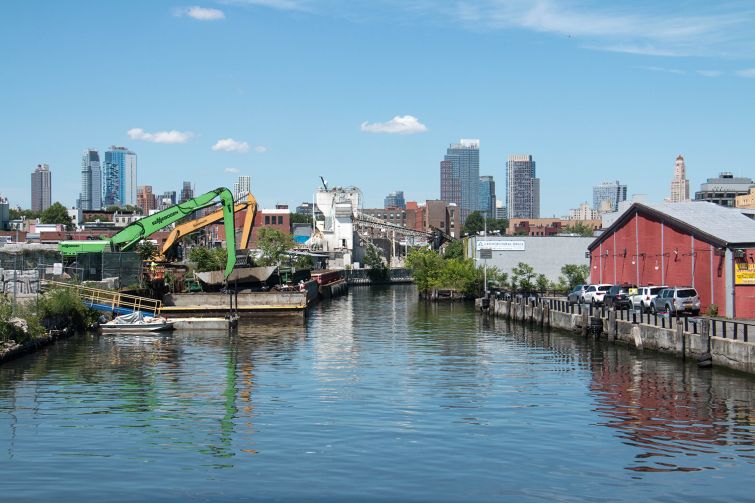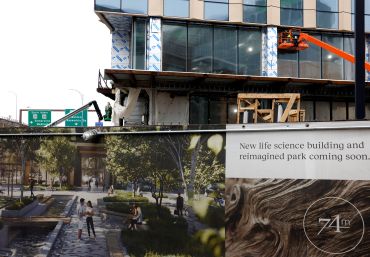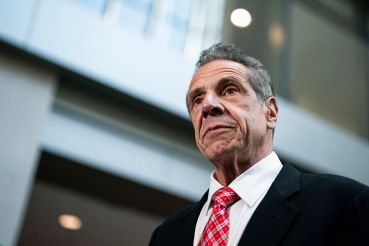Busy Fall Expected in New York City’s Land Use Arena
By Gary Tarnoff and Jeff Mulligan October 19, 2021 2:00 pm
reprints
Mayor Bill de Blasio and new City Planning Commission (CPC) Chair Anita Laremont have a lot of important items on their land use plate for the rest of 2021.
SoHo/NoHo Rezoning
After an extensive community engagement process, the SoHo/NoHo Neighborhood Plan began the city’s formal public review process in May. The proposed Special SoHo/NoHo Mixed-Use District, which encompasses a 56-block area, would replace outdated zoning regulations that preclude residences and severely restrict ground-floor uses with zoning that allows a mix of residential, commercial, community facility and manufacturing uses at a range of densities. The rezoning would also mandate affordable housing.
Assuming that the CPC votes to approve on Oct. 20, the application will move to the City Council. Opponents filed a lawsuit against the proposal earlier this year, arguing that the city had not properly provided legal notice of the start of the public review process, and that the virtual public hearings on the proposal necessitated by the pandemic were not sufficiently accessible. The judge dismissed the lawsuit in July, but an appeal is pending.
Gowanus Neighborhood Plan
On Sept. 22, the CPC voted to approve the Gowanus Neighborhood Plan, which would affect an 82-block area of Gowanus, Brooklyn. The proposed Special Gowanus Mixed-Use District would replace existing low-density light-manufacturing and commercial zoning districts with mid- to high-density mixed-use, residential, commercial and light manufacturing zoning districts along the Gowanus Canal and major streets, and mid-density residential and light-manufacturing zoning districts along side streets. Like SoHo/NoHo, affordable housing would be required.
Brooklyn Community Board 6 and Brooklyn Borough President Eric Adams both supported the proposal subject to a number of conditions, including that funding be provided for the capital needs of neighboring New York City Housing Authority properties (Gowanus Houses and Wyckoff Gardens). Brooklyn Community Board 2, which covers a smaller portion of the rezoning area, voted against the proposal.
The proposal has now advanced to the City Council. Councilmember Brad Lander, whose district includes the rezoning area, has stated he will only support the proposal if adequate funding for the NYCHA properties is provided.
Hotel Text Amendment
The city’s proposal to require a special permit for the construction of hotels throughout the five boroughs is also making its way through the public review process. The proposal is the latest action taken by the city to regulate hotel development: a special permit has been required since 2018 for new hotels or the substantial enlargement of existing hotels in light manufacturing (M1) zoning districts.
The latest proposal would replace the special permit requirement with a single, citywide special permit for the development of a hotel, a change of use or conversion to a hotel, or an enlargement containing a hotel or a building that did not contain hotel use prior to the date of adoption. A special permit also would be required for an enlargement or extension of a hotel existing on the date of adoption where the floor area of the hotel is increased by 20 percent or more.
The de Blasio administration has struggled to articulate a legitimate and defensible land use rationale for this proposal. There is also a widely held concern that the required finding for the special permit is so vague and subjective that it will invite arbitrary and politicized administration of the land use approval process. In addition, the proposal’s environmental impact statement identifies a potential future unmet demand for hotel rooms as a result of the special permit requirement, raising questions about the potential impact of the proposal on the city’s post-pandemic economic recovery.
The votes by the city’s 59 community boards on the hotel text amendment included both approvals and disapprovals. The CPC held its public hearing in July. Its vote on the application is scheduled for Oct. 20.
Gary Tarnoff is co-chair of the land use practice at Kramer Levin Naftalis & Frankel. Jeff Mulligan is a planning and development specialist at the firm.


